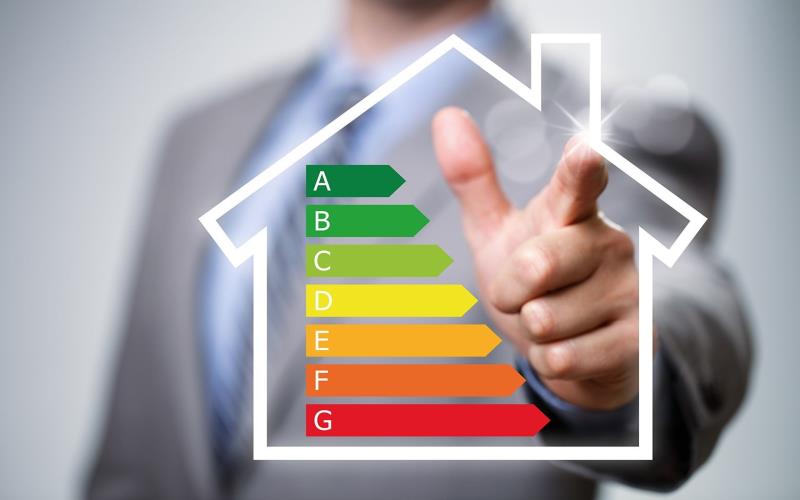What is an EPC (Energy Performance Certificate) and Why You Need One: Benefits, Penalties & More

Whether you’re selling, renting, or building a property in the UK, understanding the role of an Energy Performance Certificate (EPC) is essential. More than just a regulatory formality, EPCs help homeowners, landlords, and tenants make informed decisions about energy usage and cost-efficiency. This article explains what EPCs are, why they matter, the advantages they bring, and the consequences of non-compliance.
What is an EPC?
An Energy Performance Certificate (EPC) is an official document that evaluates the energy efficiency of a property. It grades properties on a scale from A (most efficient) to G (least efficient). EPCs are valid for ten years and must be produced by an accredited domestic energy assessor.
The certificate includes details on:
- Current and potential energy efficiency ratings
- Estimated energy costs
- Recommendations to improve energy performance
- Environmental impact (CO2 emissions)
These insights allow owners and occupants to assess the running cost of the building and ways to reduce it.
Why Do You Need an EPC?
According to UK law, you need an EPC when:
- Selling a property
- Renting out a property to tenants
- Building a new home
- Applying for green mortgages or energy improvement grants
You must obtain an EPC before marketing your property, as it helps prospective buyers or tenants understand its energy performance. If you do not provide an EPC, you may face legal consequences.
Unique Insight: EPCs for Commercial Buildings
It’s not just domestic properties—commercial buildings also require EPCs when sold or leased. Business owners can gain insights into operational costs and potential energy savings, which can impact lease decisions and sustainability targets.
Benefits of Having an EPC
Getting an EPC isn’t just about compliance—it offers several tangible advantages:
1. Increased Property Value
A property with a high EPC rating is more attractive to buyers and tenants, especially those conscious of long-term energy costs. It often results in a higher market value and quicker sale or let.
2. Energy Savings
EPCs include tailored suggestions, like upgrading insulation, switching to LED lighting, or replacing inefficient boilers. Implementing these can significantly lower utility bills.
3. Access to Green Incentives
Some energy efficiency grants and government schemes—such as the Green Deal—require an EPC to determine eligibility and suggested improvements.
4. Environmental Impact
With rising awareness of climate change, reducing your carbon footprint is crucial. EPCs help identify ways to make your home more eco-friendly, contributing to national carbon reduction targets.
5. Improved Indoor Comfort
Improved insulation and heating systems not only save energy but also enhance indoor comfort, reducing drafts and improving air quality.
Are There Any Penalties for Not Having an EPC?
Yes—failure to obtain or provide a valid EPC when required can result in penalties. For residential properties, the fine can be up to £5,000, depending on the building type and nature of the breach. Local authorities may also issue enforcement notices and include non-compliant buildings in public records.
Additionally, landlords of properties with a rating of F or G cannot legally let them unless exemptions apply. This falls under the Minimum Energy Efficiency Standards (MEES) regulations.
How to Get an EPC
Obtaining an EPC is simple. You must contact a certified Domestic Energy Assessor. You can easily search for an assessor and apply for a certificate online at:
Additional Tips to Improve Your EPC Rating
To improve your EPC score, consider these cost-effective strategies:
- Install double or triple glazing
- Upgrade to a condensing boiler
- Use smart thermostats and timers
- Add solar panels (where viable)
- Use energy-efficient appliances
These not only improve your rating but also make your home future-proof and more sustainable.
An EPC certificate is more than just a regulatory document—it’s a practical tool for improving energy efficiency, saving money, and protecting the environment. Whether you’re a homeowner, landlord, or business, understanding and using your EPC wisely can unlock long-term benefits. Don’t wait until the last minute Get EPC today.






